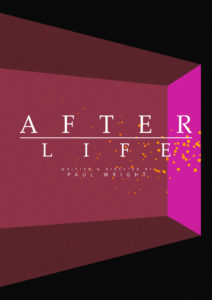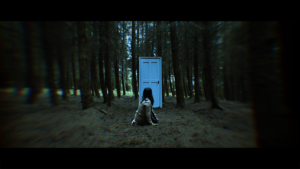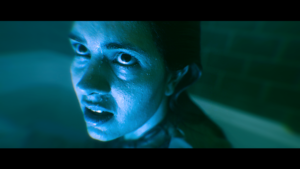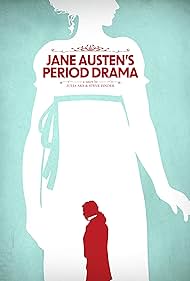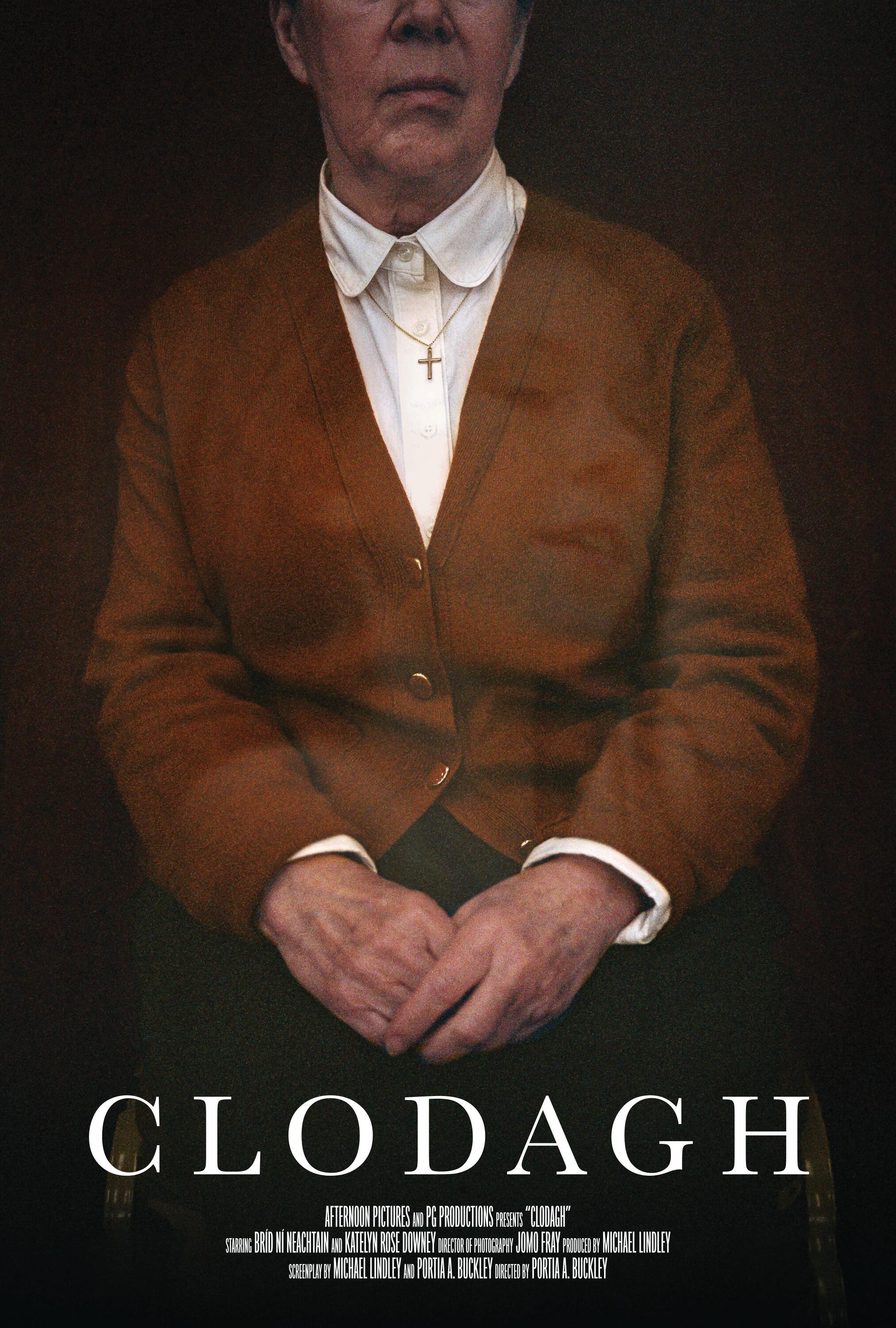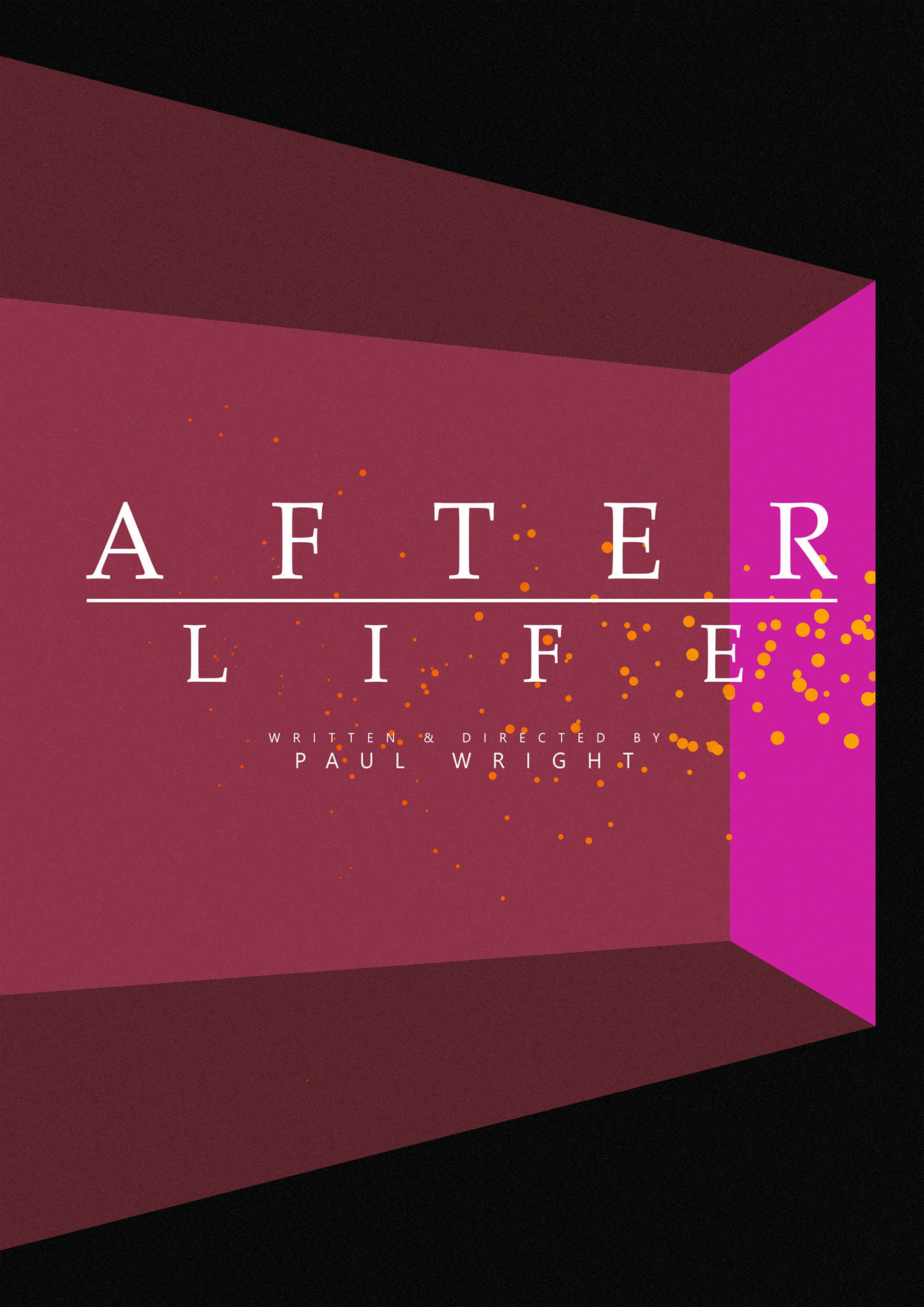
Short Film Review “AfterLife”
WATCH THE TRAILER HERE
First, the Recap:
Experiencing the unknown reaches of our own minds. At minimum it is an intriguing notion, given how much we currently claim to ascertain exactly how much is contained within the power of memory, the subconscious realms where dreams waiting to emerge reside. We also find that the recesses of our psyche create a place for us to hide away from that which troubles us–or is it rather a doorway to healing? A woman named Alice (Leah Baskaran) finds herself awake yet not as she encounters a series of wildly chaotic but somehow familiar scenarios and circumstances, a cascading reverie so real that where it leads could ultimately be nothing short of revelatory to who she is–and what she’s needing to let go of.
Next, my Mind:
Throughout the 16-minute runtime of this new indie short film effort from writer/director/editor/composer Paul Wright, it is a journey into the arena of highly cerebral science fiction, a kaleidoscope of surrealistic imagery both calming and unnerving, a trip into the corners of one’s deepest hurts and needed releases, the power of recollection and re-animation of one’s existence, a path to facing the past, escaping pain, and discovering a liberation of mind, body, and spirit. At least, that’s what this critic is taking away from a narrative that’s as enigmatic as it is engaging, at times baffling yet lucid in its depiction of a young woman’s existential adventure where fear, doubt, uncertainty, and freedom all converge.
There are many thematic explorations of how we cope with the struggles we bear, those things that weigh on us like a stone, and are in absolute need of being taken head on in order that we might finally believe we can be whole once again and even realize that all the events and ideas that have frightened us are sometimes “seen” in our mind as something more palatable in order to not be as intimidated by them. These ideas are all presented here in such a smartly conceived manner that it’s a fantastic reminder of what makes cerebral sci-fi a medium unto itself and, I feel anyway, more needed so as to expand the genre while also painting a deftly executed picture of the state of human beings and how we ensure our personal inner trials and come out the other side changed.
Additionally, it is necessary to have strong visual delivery that doesn’t overwhelm the characters and story, but rather enhances the grander whole, and this as well I felt was accomplished here with excellent effectiveness. Whether you choose to interpret what is seen as visions of parallel universes, “shadow” worlds, extradimensional travel or more an expedition into the sphere of deep-seeded dreams and childhood’s anxieties being exposed, the film wonderfully mixes eccentric images and accompanying sounds to immerse as into Alice’s plight, cleverly utilizing representations of what I felt were specific facets of youth and how events are perceived while trying to “turn” them into something less scary perhaps in order to compartmentalize them in our head to handle appropriately.
Then, eventually, should we find ourselves, voluntarily or not, having to confront it all in one fell swoop as was depicted here, there can be the inception of the process to have the aforementioned emancipation from it all, even to the extent of a fulfilling joy that surpasses our expectations. Any more detail than this, this critic feels, would venture into things closer to spoilers, so I leave it at that. All I know is that this style of what many might quality as “really out there” science fiction very much fascinates me because of its overtly unflinching intentionality that is conjectural and hypothetical yet still completely feasible in the deeper meanings and applications to our being as people. Yes, folks, you have to think. And that’s never a bad thing when it comes to quality films like this.
Baskaran certainly had her work cut out for her in this effort, as I would think it’s no easy road to have to portray a character who’s involved in such a blatantly shifting, fantastical, at times calm, at other times chaotic world and maintain believability. But, Baskaran totally nails it and presents a strongly vibrant performance that is both stirring and vigorous in its manner through her role as Alice, a young woman who finds herself from beginning to end in a state of confusion, then apprehension, then questioning, then joy as she tumbles through a strange, quirky reality that’s a dream but so tangibly palpable. Watching Baskaran navigate this storm of emotional and mental upheaval Alice takes on is beautifully riveting, capturing your attention and keeping it without fail.
Primary supporting roles arrive via Garth Maunders as the Inspector, a voiceless man whom Alice runs into as one of the several figures characterizing her past and memories she’s tried to suppress perhaps or at least alleviate her trepidations about, Bastian Antonio Fuentes as a the Child, and Roy Bright as Alice’s father, Adam Jowett as the Husband. Additional appearances are made by Jess Baskind and Jake Morton as Shadow Diners, Harry Dyer as a Shadow Waiter, plus Rachel Airs, Sheila Holland, Sam Hughes, Yvonne Lindley, Ben Mottershead, Faisal Muhammad, and Aoife Ritchie as Party Extras. So, in total, with its captivating “blurred edges”-infused visuals and more esoterically-based narrative in tow, “AfterLife” really does become a ransom from the ordinary, offering a transcendence, a challenge, a rebirth of soul, and finally the renewal of joy, all from first facing what’s been lost or feared, loosing it from within, and finding solace at last.
As always, this is all for your consideration and comment. Until next time, thank you for reading!

